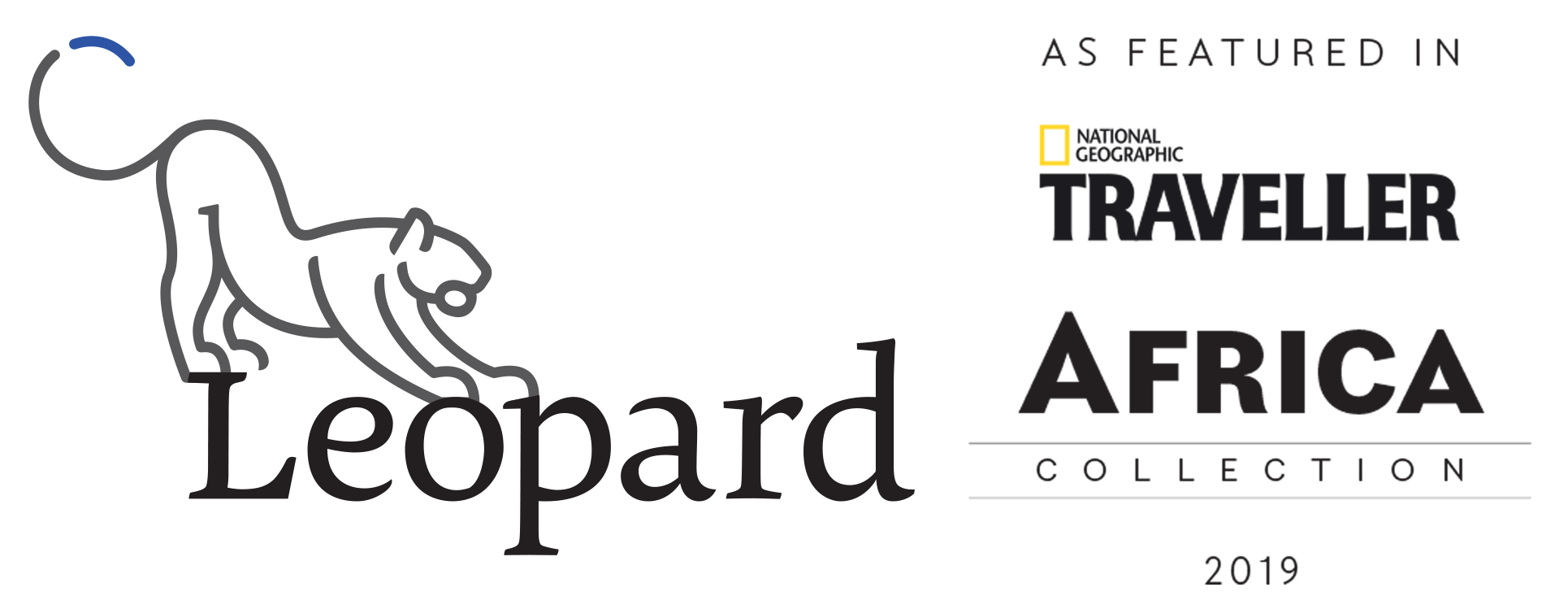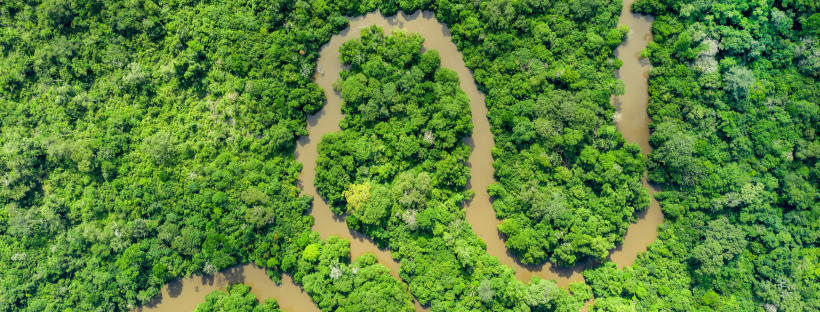Sustainable travel: Exploring Africa responsibly and making a positive impact
Sustainable travel is the cornerstone of our values at Leopard. It’s not just a trend but it can have a transformative influence that helps preserve Africa’s incredible natural beauty and cultural heritage.
A few things we recommend include slow travel, getting to know the culture in the area you visit and respecting wildlife and the natural habitat. When you travel, you can help support the local community by eating regional specialities prepared from fresh and local produce and buying locally made artisanal products. You can also reduce your water and electricity consumption, especially in water-stressed areas.
No person (or business) is perfect in this, however, we feel it’s important to do the best we can and to join forces with those who have similar goals. The Long Run is a sustainable development organisation with a sustainability framework known as the 4Cs — Conservation, Community, Commerce, and Culture.
There are many lodges and communities in Africa that exemplify these principles. We thought we’d share a few practical ways these are being lived out in different spaces.

Conservation
Many people and organisations work together to conserve and protect Africa’s biodiversity, from government agencies, game rangers, anti-poaching units, lodges, travellers, volunteers and NGOs to businesses. They work to protect everything from flower species on the Cape’s West Coast to the famous Big 5 and lesser-known creatures like the pangolin.
Temminck’s ground pangolins that have been rescued from the illegal wildlife trade are treated and rehabilitated at Johannesburg Wildlife Veterinary Hospital. Once stable they are tagged and released into suitable places like Phinda and Manyoni Private Game Reserves in South Africa’s KwaZulu-Natal Province, where they once roamed freely. As a visitor to these special places, you can join rangers in tracking pangolins for a truly unique wildlife experience. Similarly, you can join a rhino notching or a rhino dehorning experience at Phinda or join a cheetah tracking walk at Marataba. There are many comparable experiences throughout Africa’s parks and game reserves and the money generated from these activities goes back into conservation.
Community
Wilderness, a conservation and hospitality company, made up of a collective of over 60 lodges in Africa, aims to help you sustainably forge close connections with nature. Local communities surrounding its camps benefit through payments for concession use, job creation, and increased economic activity. Wilderness also finances small-scale businesses and farmers that feed into the tourism supply chain, benefiting the community directly via tourism.
One example is Desert Rhino Lodge situated in Namibia’s remote Damaraland. The lodge works closely with Save the Rhino Trust Namibia, which employs local community members as rhino trackers in the area. Additionally, Wilderness supports ‘Children of the Wilderness,’ an NGO promoting sustainable conservation through leadership development and education for children in Africa.

Commerce
One of Leopard’s meaningful collaborations is with Kay, a skilled artisan who showcases his carved creations on a street corner in Johannesburg. Leopard sources unique handcrafted gifts from Kay, which we give our clients as a memento of their trip to Africa. This provides a reliable source of income for him, and every gift we buy broadens his horizons and creates more opportunities for him. Leopard also works with a team of talented women, helping to empower women in business in South Africa and believes in doing business responsibly.
Culture
Travelling to off-the-beaten-track destinations in Africa is a way of supporting local communities in much need of upliftment. Examples of this within South Africa include visiting provinces like the Eastern Cape and the Northern Cape.
Besides its cities, the Eastern Cape is the home to many rural Xhosa-speaking South Africans. Here you could learn about the culture and history while supporting local people, for example, at the Ngxingxolo Cultural Village. This cultural interaction was pioneered by Xhosa cultural activist Winifred Tofu to showcase authentic Xhosa culture and is now run by her daughter Zinzi. A way of showing your support for this community is to buy some of their traditional beadwork or even spend a night in a simple rondavel (hut) in the village.
The Northern Cape is a large arid, sparsely populated province and tourism provides much-needed income to this area. Jan Hendrick, South Africa’s first chef with a Michelin Star has a restaurant here at Tswalu Kalahari Private Reserve. The restaurant tries to source its ingredients sustainably and has worked alongside locals to improve the produce they provide. Diana Granoux interviewed head chef Marnus Scholly who explained how the restaurant sources ingredients sustainably. Scholly said, “We try to tap into the local knowledge on how to use foraged food – to give a sense of intensity with each plate of food. It’s not easy to run out and forage something, especially out here. Each plant takes longer to grow and takes a bit more care to get to where we want it. Having a diverse cultural team also makes the food very special.” (Listen to the full interview here.)

We’ve barely skimmed the surface with the examples we shared above. However, you can rest assured that when you travel through Africa with Leopard, you can feel good. Not only do you get to explore beautiful destinations but the money you spend as a tourist has a positive impact on the continent.
Happy travelling,
The Leopard Team
P.S. If you’d like to share your favourite sustainable travel tips, we’d love to hear from you.
Sign up for more newsletters like this here: https://mailchi.mp/2e4afa50d15f/leopard


